Raisins, those tiny, wrinkled morsels of concentrated sweetness, have been a pantry staple for centuries. Loved for their portability, long shelf life, and versatility in both sweet and savory dishes, they’re a go-to snack for kids and adults alike. Yet, beneath their unassuming exterior lies a question that has sparked debate in kitchens and online forums alike: Should you wash raisins before eating them? On the surface, it seems like a trivial concern, but dig deeper, and you’ll find a web of considerations spanning food safety, nutrition, texture, and even cultural practices. This article explores the science, myths, and practicalities of rinsing raisins, empowering you to decide whether this extra step belongs in your culinary routine.
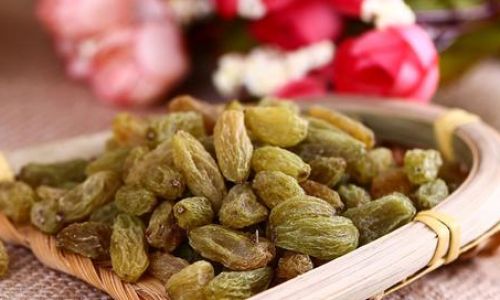
The Raisin-Making Process: From Vine to Pantry
To understand the washing debate, it’s essential to grasp how raisins are made. Raisins begin as grapes, typically varieties like Thompson Seedless, which are harvested at peak ripeness. The transformation into raisins involves dehydration, a process that removes water content, concentrates sugars, and preserves the fruit. Traditional methods include sun-drying, where grapes are laid out on trays under the sun for several weeks, or mechanical drying, which uses heated air to accelerate the process. Modern techniques may also involve preservatives like sulfur dioxide to maintain color and prevent spoilage.
This production pipeline raises the first point of contention: exposure to contaminants. Grapes grown in conventional agriculture may be treated with pesticides, herbicides, or fungicides to protect against pests and diseases. While washing fresh grapes is routine, the dehydration process concentrates these residues—a fact that has led some health-conscious consumers to question whether raisins require a similar pre-eating rinse.
The Case for Washing: Removing Residues and Microbes
Proponents of washing raisins argue that it serves two primary purposes: removing potential chemical residues and eliminating dirt or debris. Pesticides used on grapevines can leave trace amounts on the fruit’s surface. Although regulatory agencies set strict limits on pesticide levels in dried fruits, critics contend that cumulative exposure over time could pose health risks, particularly for frequent raisin consumers. Washing, they claim, helps reduce this burden.
Moreover, raisins are often stored in bulk bins or packaged in facilities where cross-contamination with dust, allergens, or microbes could occur. A quick rinse under cool water, the reasoning goes, acts as a safeguard against ingesting unwanted particles. This is especially relevant for individuals with compromised immune systems, allergies, or sensitivities to certain additives.
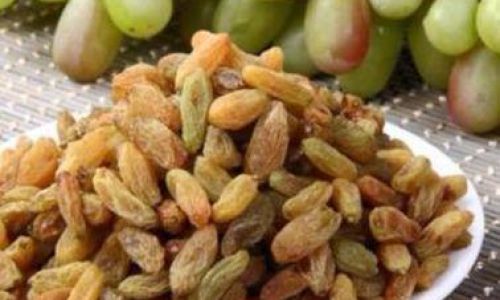
Another angle is texture and taste. Some enthusiasts swear that washing plumps up raisins, restoring a semblance of their original juiciness. By rehydrating the dried fruit, they argue, you unlock a softer, more palatable bite—a boon for recipes like oatmeal cookies or rice pudding where moisture content matters.
The Case Against Washing: Preserving Nutrients and Convenience
On the flip side, many experts and culinary traditions dismiss washing as unnecessary or even counterproductive. Raisins, unlike fresh produce, undergo rigorous processing and packaging standards. Reputable manufacturers adhere to food safety regulations, including washing steps during production to remove dirt and pesticides. Sulfur dioxide, a common preservative, also inhibits microbial growth, further reducing contamination risks.
Nutritionally, washing raisins is a double-edged sword. While it may remove surface residues, it can also leach water-soluble vitamins like B and C, which are already present in modest amounts in dried fruits. More critically, excessive rinsing risks diluting the raisins’ natural sugars and flavors, resulting in a bland, washed-out taste. For bakers, this could mean sacrificing the caramelization and sweetness that raisins impart to breads and muffins.
Convenience is another factor. Raisins are prized for their “ready-to-eat” simplicity. Washing adds an extra step—patience while they dry, the hassle of straining, or the risk of sogginess if not properly drained. In fast-paced kitchens or lunchboxes, this inconvenience often outweighs perceived benefits.
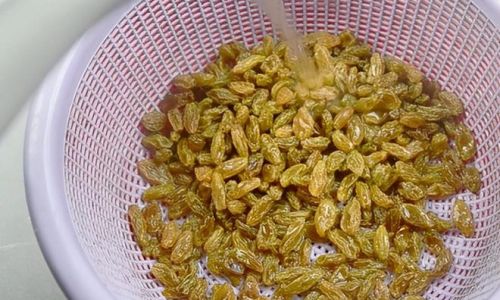
Expert Opinions: What Do the Studies Say?
Scientific research on raisin washing is limited, but existing studies offer nuanced insights. A 2018 study published in the Journal of Food Science analyzed pesticide residues in conventionally grown raisins, finding that while residues were present, they fell below regulatory thresholds. Washing reduced levels by 10–15%, but the authors concluded that the marginal benefit did not justify routine rinsing for the average consumer.
Microbiologists, meanwhile, note that the drying process inherently reduces bacterial loads. A 2020 review in Food Microbiology reported that Salmonella and E. coli—common foodborne pathogens—are unlikely to survive raisin production, thanks to low moisture activity. However, improper storage post-purchase (e.g., in humid environments) could theoretically reintroduce microbes, making washing a precaution for rehydrated or opened packages.
Nutritionists often take a middle ground. Dr. Elena Thompson, a registered dietitian specializing in food safety, states, “For most people, the risk from unwashed raisins is negligible. However, if you’re serving them to toddlers, elderly individuals, or immunocompromised individuals, a quick rinse under cold water can provide peace of mind without significantly impacting nutrition.”
Cultural Practices: A Global Perspective
Cultural attitudes toward raisin washing vary widely. In many Western countries, washing is uncommon—raisins are eaten straight from the box or tossed into trail mix without a second thought. However, in some Asian and Middle Eastern culinary traditions, rinsing dried fruits (including raisins) is customary. This practice stems from historical reliance on bulk purchases, where fruits were exposed to dust during transport, or from preferences for rehydrated textures in dishes like stuffed vine leaves or sweet rice.
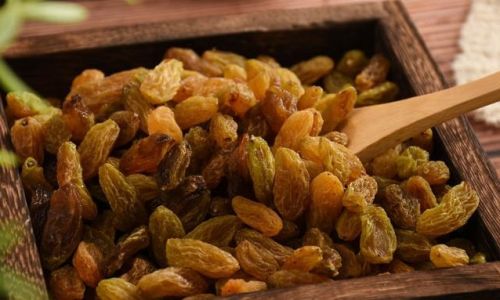
Interestingly, organic raisins—produced without synthetic pesticides or sulfur dioxide—spark their own debate. While organic certification reduces chemical concerns, some consumers still wash them to remove natural waxes or residues from the drying racks. Yet, organic advocates argue that washing negates the “pure” aspect of organic farming, as it strips away beneficial compounds along with perceived contaminants.
How to Wash Raisins (If You Must)
For those convinced to rinse, proper technique matters. Here’s a step-by-step guide:
- Measure Your Raisins: Place the desired amount in a fine-mesh strainer or colander. Avoid overcrowding to ensure thorough rinsing.
- Rinse Under Cool Water: Hold under a gentle stream of cold tap water for 15–30 seconds. Rub lightly with your fingers to dislodge residues.
- Drain Thoroughly: Shake the strainer to remove excess water. For recipes, pat dry with paper towels to prevent sogginess.
- Rehydrate (Optional): If plumpness is desired, soak raisins in warm water for 5–10 minutes after rinsing. Drain well before use.
Pro Tip: Avoid hot water, as it accelerates nutrient loss and can make raisins mushy.
When Washing Makes Sense (and When It Doesn’t)
-
Wash If:
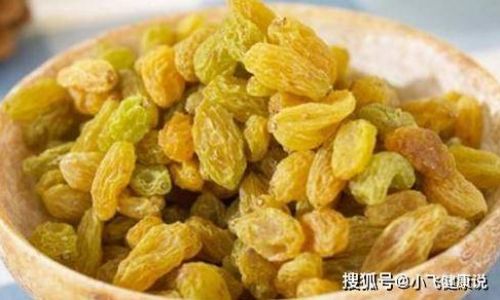
- You’re serving raisins to high-risk populations (young children, pregnant women, elderly).
- The raisins were purchased from a bulk bin with visible dust or debris.
- You’re rehydrating them for baking and want maximum plumpness.
- You’re sensitive to sulfur dioxide (washing may reduce sulfite residues, though not eliminate them).
-
Skip Washing If:
- The raisins are pre-packaged and from a trusted brand.
- You’re using them in no-bake recipes where moisture is undesirable.
- You prioritize convenience and minimal prep time.
- You’re concerned about nutrient retention.
The Verdict: A Matter of Balance
The question of washing raisins boils down to risk tolerance, culinary goals, and personal preference. For the average healthy adult, the benefits of washing are marginal—a fact reflected in global culinary norms. However, for those with specific health concerns, culinary precision, or cultural habits, a quick rinse offers harmless insurance.
Ultimately, raisins are a testament to human ingenuity: a fruit preserved to defy seasons, packed with energy, and adapted to countless dishes. Whether you eat them au naturel or give them a splash of water, their role as a nutritional powerhouse remains undiminished. So the next time you reach for that box of sun-sweetened goodness, remember—the choice to wash is yours, but their ability to delight is universal.



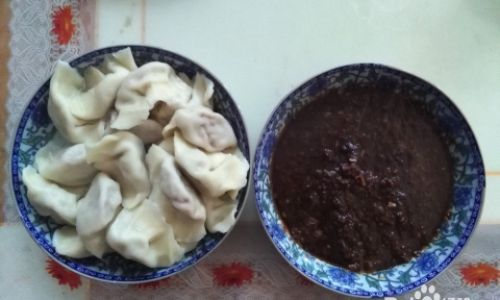
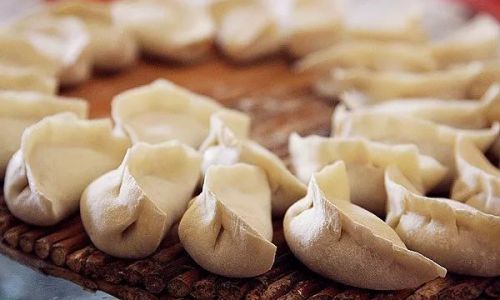

0 comments